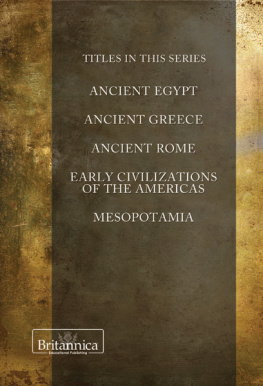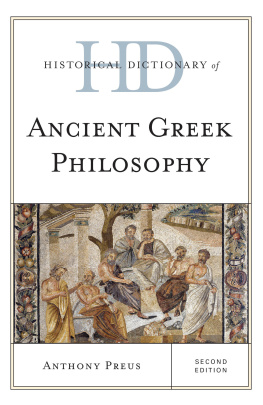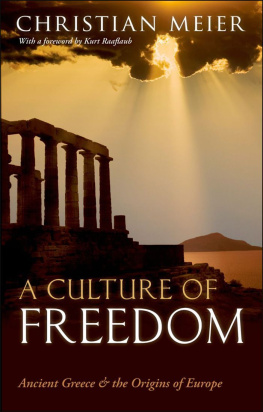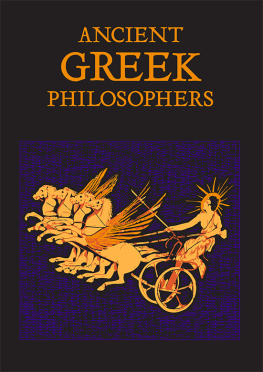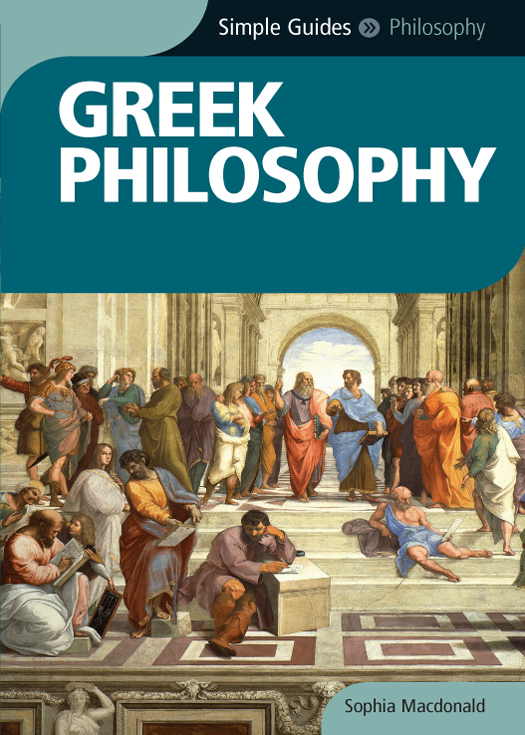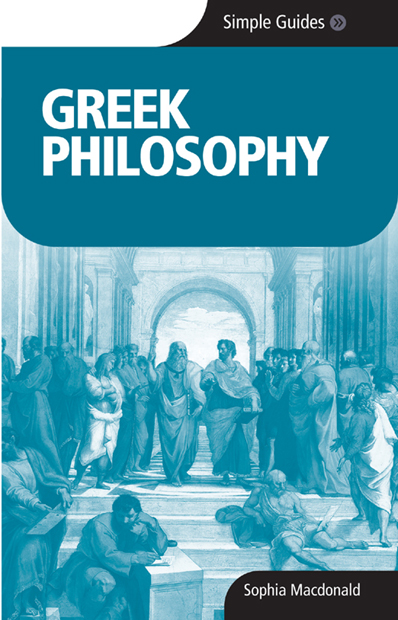Sophia Macdonald - Greek Philosophy--Simple Guides
Here you can read online Sophia Macdonald - Greek Philosophy--Simple Guides full text of the book (entire story) in english for free. Download pdf and epub, get meaning, cover and reviews about this ebook. year: 2009, publisher: Kuperard, genre: Religion. Description of the work, (preface) as well as reviews are available. Best literature library LitArk.com created for fans of good reading and offers a wide selection of genres:
Romance novel
Science fiction
Adventure
Detective
Science
History
Home and family
Prose
Art
Politics
Computer
Non-fiction
Religion
Business
Children
Humor
Choose a favorite category and find really read worthwhile books. Enjoy immersion in the world of imagination, feel the emotions of the characters or learn something new for yourself, make an fascinating discovery.

- Book:Greek Philosophy--Simple Guides
- Author:
- Publisher:Kuperard
- Genre:
- Year:2009
- Rating:5 / 5
- Favourites:Add to favourites
- Your mark:
Greek Philosophy--Simple Guides: summary, description and annotation
We offer to read an annotation, description, summary or preface (depends on what the author of the book "Greek Philosophy--Simple Guides" wrote himself). If you haven't found the necessary information about the book — write in the comments, we will try to find it.
- to recognize the key ideas of the most significant philosophers and their contribution to Western thought
- to learn about the philosophers lives, and their impact on society
- to appreciate the value of questioning received wisdom and submitting it to rigorous analysis To live in the modern world is to owe a debt of gratitude to the Ancient Greeks.
Ancient Greece was one of the wellsprings of European civilization, and the Greeks were both the pioneers of rigorous analytical thought and the creators of prose and poetry that speak to us over the centuries. Materialism and idealism form the two major strands of Greek philosophy: thinking about the universe, nature and matter; and thinking about humanity, politics, justice, good and evil, and our relationship with the divine. The Greeks were the first to distinguish between myth and philosophy, and to develop a scientific method of enquiry. In ancient Greece natural philosophers studied mathematics, physics, logic, cosmology, medicine, Politics, ethics and aesthetics. Democracy, atoms, copycat killings the Greeks had opinions on these and many more, and their conclusions have often proved prescient. Cynicism and Stoicism are Greek philosophical schools whose names have passed into common parlance. This lucid introduction to Greek philosophy links important ideas to key personalities and places. It shows the development and movement of people and ideas around the Mediterranean world, from the time of the earliest pre Socratic philosophers, through Pythagoras, Heraclitus, and the Sophists to Socrates, Plato, Aristotle, the Cynics and the Stoics. Written in a clear and engaging style, it is a fascinating account of the major source of Western culture and todays knowledge-based society. ACCESS THE WORLDS PHILOSOPHIES Simple Guides: Philosophy is a series of concise introductions to the major philosophies of the world. Written by experts in the field, these accessible guides offer a fascinating account of the rich variety of arguments ideas and systems of thought articulated by different cultures in the attempt to explore and define the nature of reality, and the meaning, purpose and proper conduct of life. The Simple Guides will appeal to analytical thinkers and spiritual seekers alike. Taken together, they provide a basic introduction to the evolution of human thought, and a point of reference for further exploration and discovery. By offering essential insights into the world views of different societies, they also enable travellers to behave in a way that fosters mutual respect and understanding.
Sophia Macdonald: author's other books
Who wrote Greek Philosophy--Simple Guides? Find out the surname, the name of the author of the book and a list of all author's works by series.

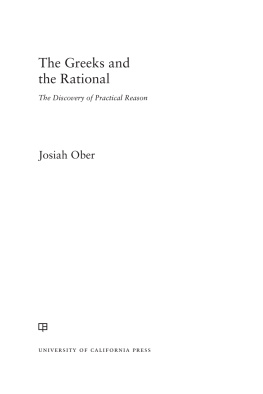
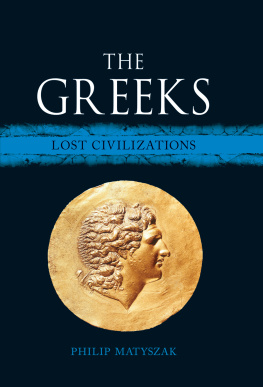
![Michael Lovano - The World of Ancient Greece: A Daily Life Encyclopedia [2 Volumes]](/uploads/posts/book/268736/thumbs/michael-lovano-the-world-of-ancient-greece-a.jpg)

